Arts industry NSW: Policy reforms key to restarting industry
Arts and culture took a savage hit when lockdowns began in March. Red tape is now the barrier to a revival and policy reform is urgently needed to bring the city back to life — day and night.
NSW
Don't miss out on the headlines from NSW. Followed categories will be added to My News.
- Get the best journalism and podcasts — and some earbuds!
- Sydney Opera House goes digital for COVID-19
Australia’s much-loved musicians, artists and actors have been hit hard by the lockdowns – but art leaders say the crisis is a rare opportunity to bring in overdue reforms to nurture new talent and kickstart the sector.
They say there’s never been a better time to invest in grassroots Aussie talent, boost local content on our screens, untangle red tape smothering our performers and free up the night economy for a cultural renaissance.
Arts and culture took a savage hit when the lockdowns came into effect in March.
The ABS initially reported arts and recreation was even worse affected than hospitality, with 53 per cent of businesses shut down.
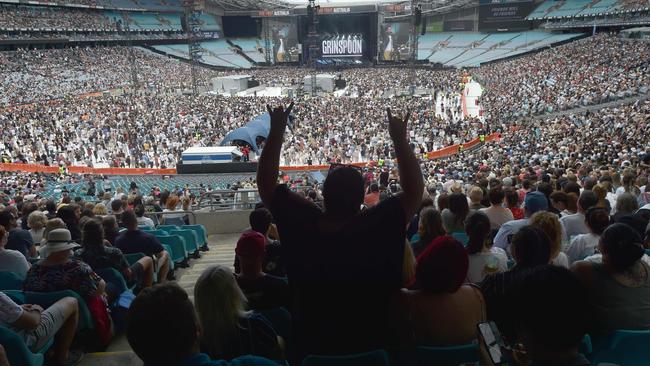
From locked gallery doors, to curtains falling on musicals and festivals, and countless community art activities abandoned, the $111.7 billion arts sector was especially vulnerable because of the need for audiences.
“Australia’s artists and creative companies have lost all of their audiences and all of their self-generated income for the entire year,” says National Association for the Visual Arts head Esther Anatolitis. “The creative industry risks collapse.”
Sydney Business Chamber executive director Katherine O'Regan argues policy reforms are urgently required for the arts and culture industries to come back, including investing in reopening venues such as the boarded-up Roxy Theatre in Parramatta and Minerva in Kings Cross.
“We need to make it easier to open up a new venue, put on a live show or play live music,” she said.
“A 24-hour economy is in every one’s interest and every city needs a cultural, musical, arts sector to make it a place people like living in, working in and visiting.
“Red tape is a big barrier to working at night.
“You shouldn’t need special permission to have more than one guitar or more than one singer in a venue.
“State and local council red tape is strangling the chances of business being open late to be part of a night-time economy.”
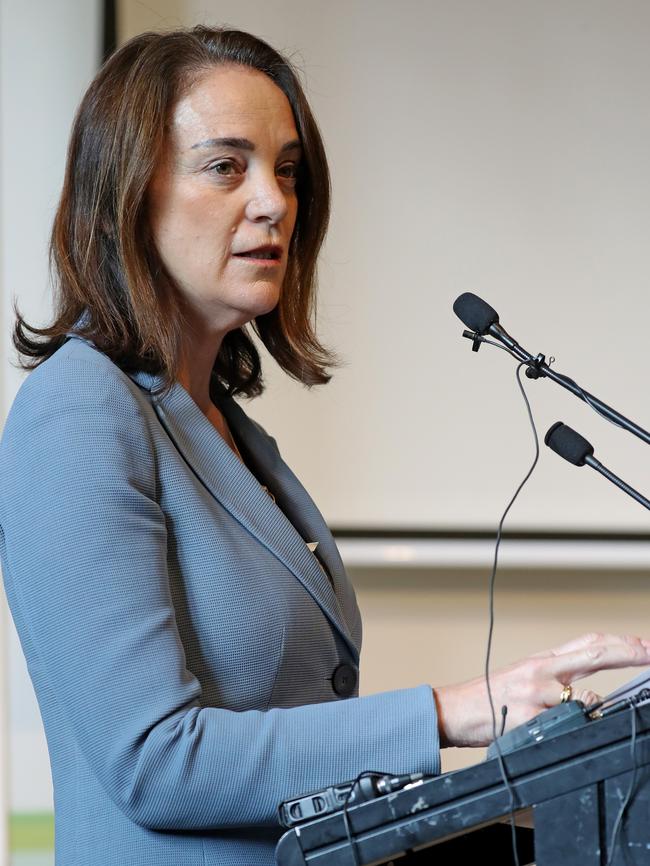
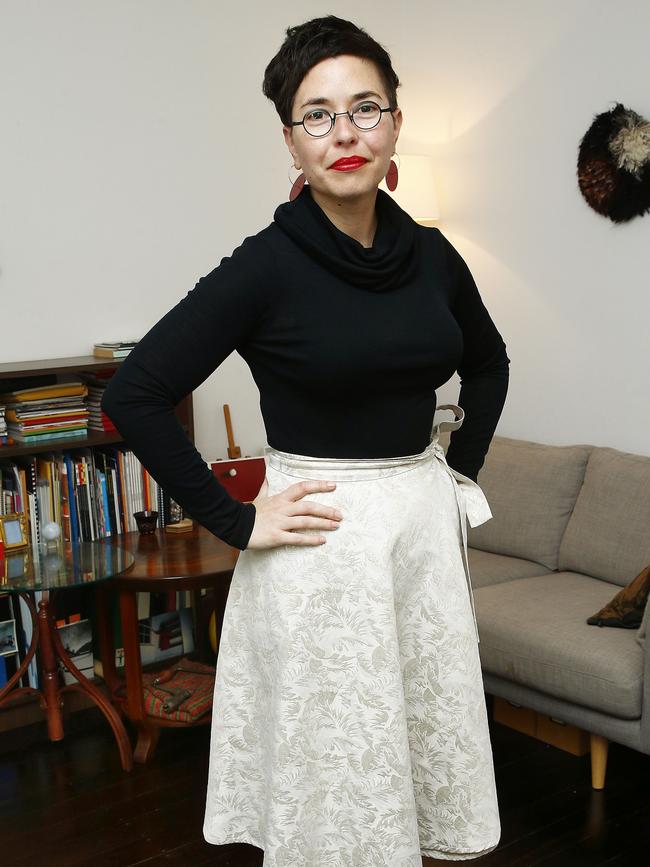
Musician and music industry leader Jenny Morris, chairwoman of peak music body APRA AMCOS, says 90 per cent of musicians have incomes that are “sporadic, seasonal and meagre”.
She says they have always been at the forefront of lending a hand to others with concerts such as the bushfire gigs and now need help.
“The industry will obviously need support to get live performance back on its feet once COVID-19 restrictions are removed,” she said.
She says the Federal Government should look at the recommendations of its own 2018 inquiry.
“These include initiatives such as investment in music programs and music exports, improved regulations around Australian music on radio, television and streaming services as well as programs to get more music education and songwriting programs into schools,” she said.
Sweden has a net export music industry, Ms Morris said, and “interestingly, song writing is a compulsory subject for all children”.
“Investment in the industry will pay dividends, not just for local artists but also for the economy.”
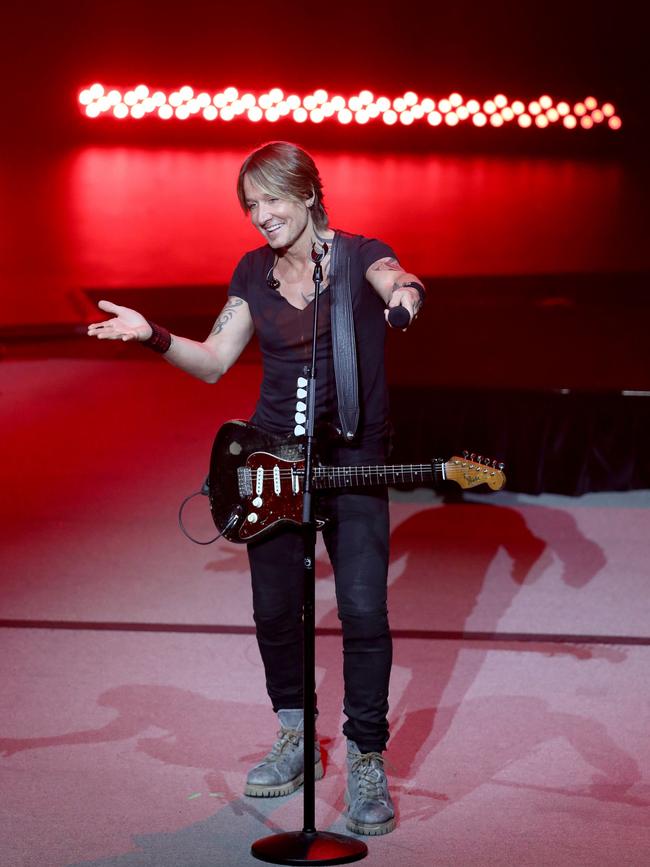
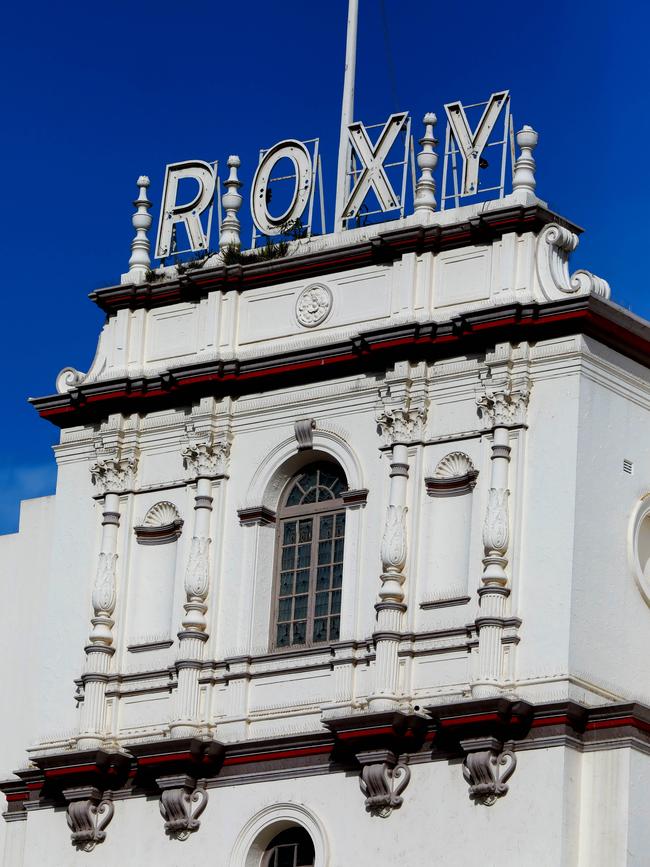
For Sydney’s brand new arts complex, the $120 million state of the art Sydney Coliseum at Rooty Hill, the timing of the crisis could not have been worse.
After a decade of planning and building it literally opened its doors – then several weeks later had to shut them.
But despite the difficult economic situation, West HQ boss Richard Errington sees a positive future for Australia’s local performers more broadly – with international acts unlikely to be allowed – or unwilling to endure quarantines – any time soon.
“It's just not going to go back to the way it was,” Mr Errington said. “There's an ability to rebuild the arts industry with Australian talent.
“There will be a hunger for live performances.
“There’s only so much zooming and international performances on screens to watch.
“Despite everything, I do think it will be an amazing opportunity for the grassroots talent, for the up and coming new generation and our hugely talented performers to come to the fore.”
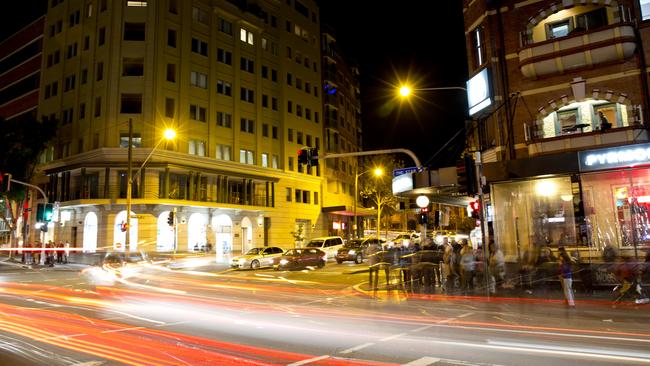
Live Performance Australia chief executive Evelyn Richardson said their industry had been disproportionately affected and needed help from both the federal and state governments in marketing, tax incentives, and low interest loans.
“Our industry is essential for any domestic led tourism recovery,” she said.
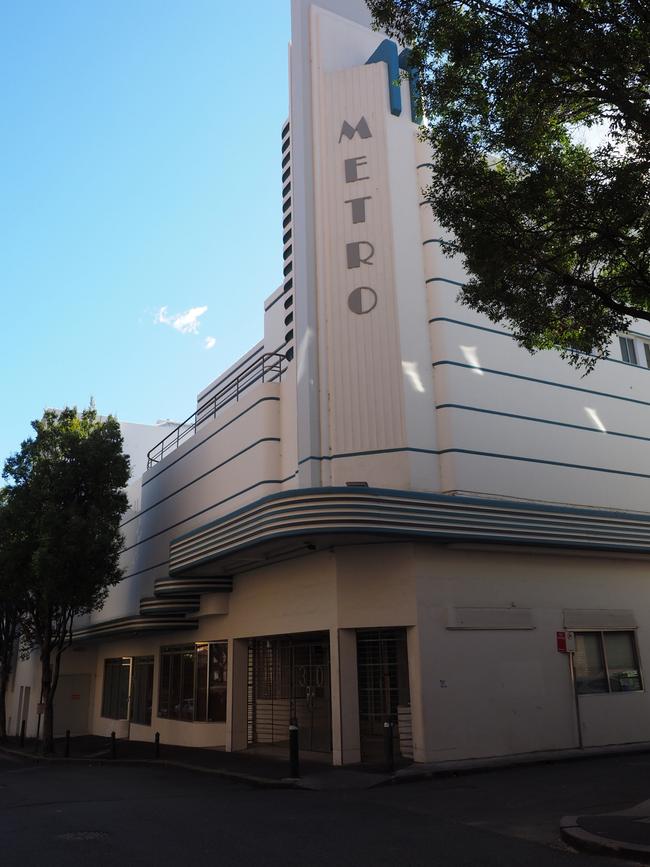
Screen Producers Australia boss Matthew Deaner wants a temporary suspension of Australian content quotas – given to broadcasters during the crisis – to be reinstated as soon as possible.
Not only were Hollywood blockbuster movies like Baz Luhrmann’s Elvis Presley film halted, an estimated 199 productions including many local projects have been delayed or suspended.
“The content quota is really critical because it keeps people motivated developing work,” he said.
Young Sydney actor Annie Rose Buckley has starred alongside Tom Hanks, Emma Thompson and Colin Farrell – but she’s now in limbo.
The 20-year-old has lost the chance of working on a television miniseries called Glenrowan, which was put on hold.
Ms Buckley, who appeared in the 2013 feature film Saving Mr Banks aged at 11 years of age, says she can’t go overseas to America to meet people or arrange interviews.
“I can’t meet people to even throw my hat in the ring,” she said.
But she’s not giving up. She’s using the time to practice accents using YouTube as a tutor.
Up and coming Sydney singer A. GIRL, or Hinenui-Terangi Tairua, is in a similar boat and the COVID lockdowns couldn’t have come at a worse time.
The 20-year-old from Western Sydney was just getting momentum in her career blending R & B, hip hop and soul, having won awards, was crowned the Next Big Thing by FBi Radio and was about to go to LA for 10 days of writing and networking.
“It’s been a setback, but I’m trying to make the best of the time at home,” she said. “It’s given me more time to work on my writing and ideas.”

